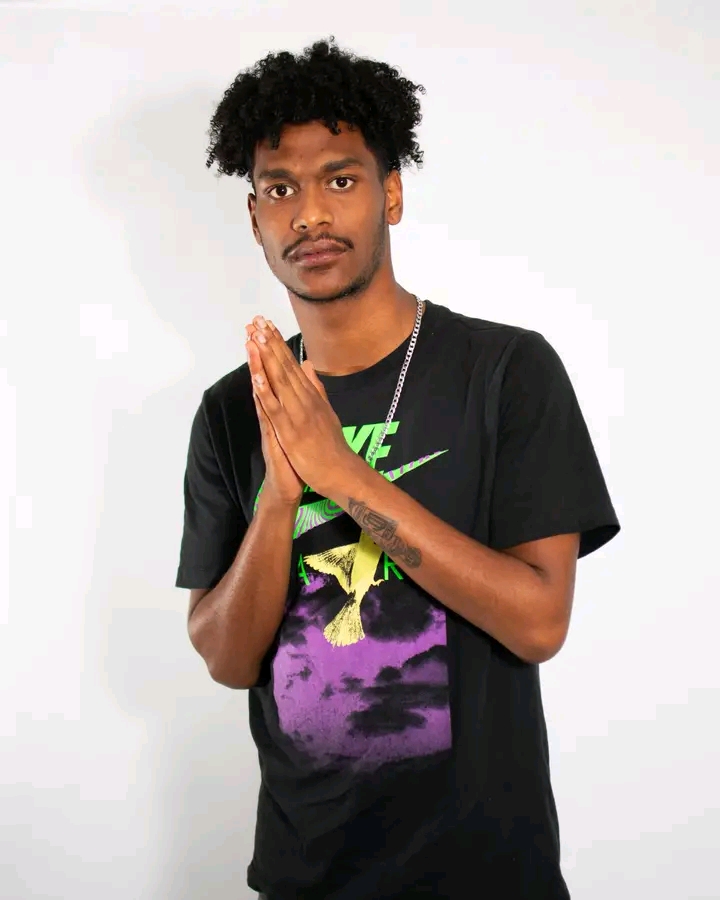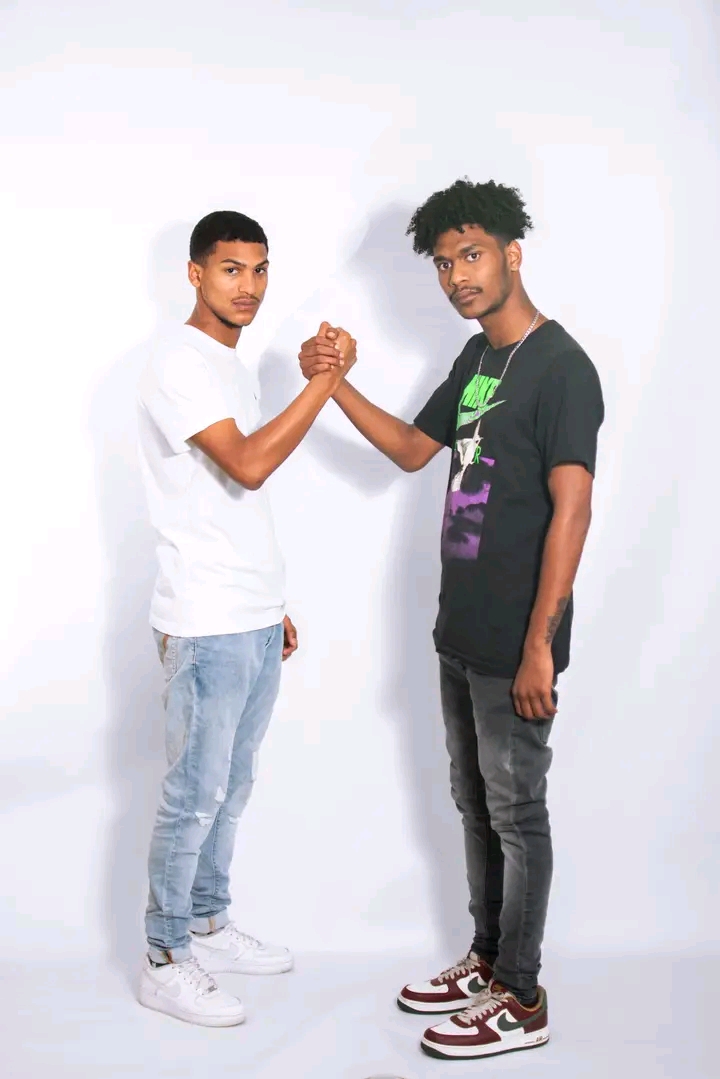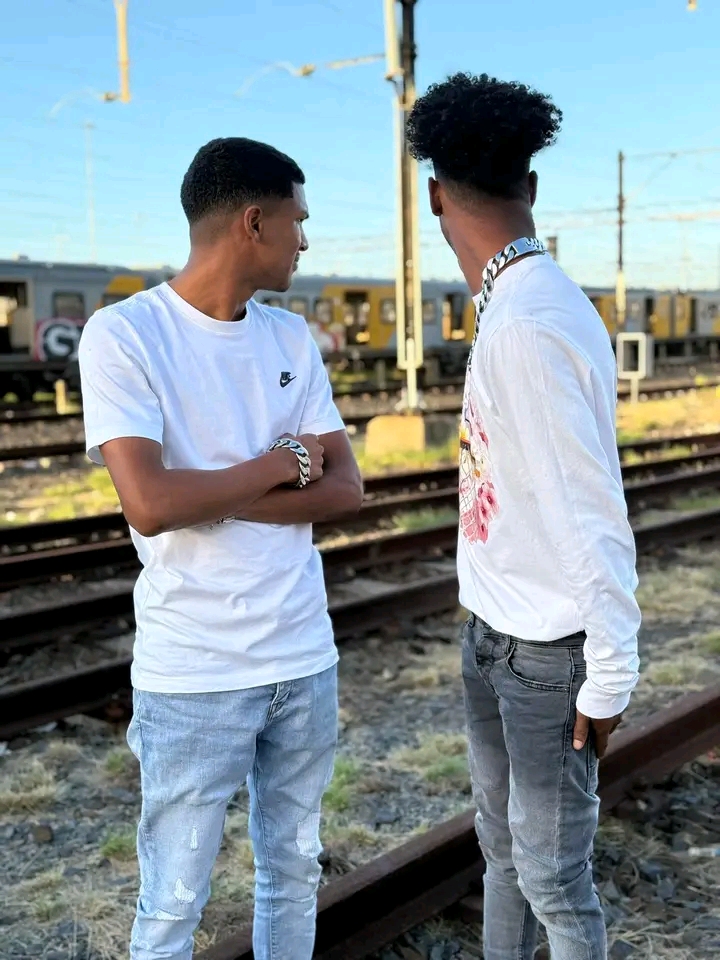How 21 Promo and Pengi Changed the Music Industry Forever
Keabosmart
7 June 2025
21 Promo, known for his gritty, experimental production, first gained attention through low-fi SoundCloud drops and beat battles on Discord servers. Pengi, the genre-fluid vocalist with a cult TikTok following, rose through the digital noise with a blend of icy melodies and razor-sharp bars
When 21 Promo and Pengi first appeared on the underground radar, few could have predicted the seismic shift they would bring to the music industry. But in just a few years, the enigmatic duo have not only reshaped sound—they’ve redefined the business, culture, and future of modern music.
The Origin of a Revolution
21 Promo, known for his gritty, experimental production, first gained attention through low-fi SoundCloud drops and beat battles on Discord servers. Pengi, the genre-fluid vocalist with a cult TikTok following, rose through the digital noise with a blend of icy melodies and razor-sharp bars.

Their meeting was serendipitous. A mutual tag on a Reddit thread led to a DM, a late-night file swap, and the eventual birth of what would become the viral track “Glass Roofs”—a moody, dystopian anthem that sampled subway doors, voicemail recordings, and the distorted chirp of penguins. It wasn’t just a song. It was a blueprint.
Breaking the Mold
Together, 21 Promo and Pengi ignored the industry rulebook. They dropped music unannounced, rejected major label deals, and let fans vote on track names and cover art via Twitch streams. They blurred lines between trap, hyperpop, jungle, and ambient in a way that felt chaotic but intentional—like the sonic version of controlled demolition.
Critics called them "anti-pop architects." Fans called them prophets.
But perhaps their biggest disruption wasn’t in their sound—it was in their strategy.
Redefining Independent Success
Rather than chasing traditional metrics, 21 Promo and Pengi leaned into community. They built an interactive music economy powered by NFTs that actually gave early listeners royalties. Their Discord server turned into a digital co-op: fans helped with marketing, merch ideas, even beat suggestions. Every drop felt like an event, not a product.
Their sophomore project, "We Broke the Mirror and Sold the Shards", was entirely crowdfunded in 48 hours—without a single promo post. The duo credited 400+ usernames in the liner notes. It debuted at #3 on Billboard's experimental chart and hit #1 on Audius and Bandcamp the same week.
Cultural Impact
21 Promo and Pengi didn’t just change the sound of music—they changed how it's made, shared, and experienced.
Their aesthetic—blending cyberpunk fashion with analog nostalgia—spawned a wave of microtrends. Their live shows, more like VR dreamscapes than concerts, pushed the boundaries of digital performance. Even artists from outside the genre—Grimes, JPEGMAFIA, Rosalía—have cited them as creative influences.
In 2024, TIME Magazine listed them among the “Top 100 People Redefining Art and Tech.” Not bad for two kids who started out trading stems over a free Wi-Fi connection.

The Future is Now
21 Promo and Pengi aren’t slowing down. Their upcoming project, teased only as “01001000”, is rumored to be an open-source album coded into a video game. Fans won’t just listen—they’ll play it.
In an industry where the line between creator and consumer keeps blurring, 21 Promo and Pengi have done more than adapt—they’ve led.

In an era where virality often fades faster than it arrives, few artists have managed to forge a legacy that redefines the game while staying entirely outside of its traditional boundaries. But that’s exactly what the duo known as 21 Promo and Pengi have done. Over the past several years, these two boundary-pushing creatives have taken what was once fringe and turned it into mainstream conversation, reshaping not only what music sounds like, but how it's made, distributed, and experienced.
Origins in the Underground
Both artists started from unlikely places. 21 Promo, a bedroom producer from Atlanta with a background in glitch art and old-school crate digging, started uploading beat tapes to SoundCloud and Bandcamp in 2018. His early sound was a chaotic yet mesmerizing blend of industrial noise, chopped soul samples, and unpredictable drum patterns. His work found a cult following among experimental beat heads and online forums like r/undergroundhiphop.
Pengi, on the other hand, emerged from the icy corners of Toronto's alt-music scene. With a voice that could effortlessly switch between syrupy R&B and raw punk-inflected delivery, they built a following through grainy self-shot music videos and high-concept Instagram art. Pengi's lyrics—often cryptic and laced with cyberpunk references—spoke to a generation disillusioned with late-stage capitalism and obsessed with digital identity.
Their meeting was digital, like much of their world. A Reddit comment under a Pengi freestyle led to a late-night DM. Within hours, they were trading stems via Google Drive. The first track they created together, "Glass Roofs," was uploaded without fanfare—but it blew up.
Viral Without Trying
"Glass Roofs" was a sonic contradiction. It paired a drum-and-bass rhythm with distorted samples of subway doors and voicemail messages. Pengi’s voice floated over it all, auto-tuned but unpolished, like an alien transmission. What made the track explode wasn't just its sound but how it was released: fans discovered it organically through underground Discord servers and TikTok edits. It felt like a secret.
The track accumulated 3 million plays on Audiomack and 8 million on TikTok before the industry even caught wind. By the time labels started making offers, 21 Promo and Pengi had already made up their minds: they weren't signing.
Redefining the Independent Artist Model
Rather than chase a record deal, the duo leaned into full independence. They built a Patreon-powered community that offered behind-the-scenes looks at their process, unreleased demos, and even collaborative production streams. Fans weren't just consumers; they were co-creators.

When they dropped their debut project, "Latency," they let the fans name each track in a Discord vote. The cover art was a crowdsourced collage made from 500+ user submissions. And despite zero traditional marketing, the album peaked at #6 on the Bandcamp global charts and trended on Apple Music purely through word of mouth.
Monetization came from unconventional angles. They partnered with a decentralized NFT platform to release limited edition audio-visual pieces. Early supporters who purchased these tokens were rewarded with royalties as the tracks gained traction. It was the first time many fans felt like investors in an artist's success.
Sound as Protest
Musically, 21 Promo and Pengi don’t fit cleanly into any one genre. Their work blends elements of hyperpop, jungle, ambient, noise, trap, and IDM. But at its core, their sound is a protest.
Tracks like "Firewall" and "Captcha Dreams" confront themes of surveillance, digital decay, and mental health in the algorithm age. They use found sounds—glitches, corrupted files, broken synths—as instruments, crafting
Whether you’re a day-one fan or still trying to figure out what genre they are, one thing’s clear:
The music world will never be the same.
Post Statistics
Views
4
Shares
0
Related Articles
K.Keed vs. DJ Speedsta: The Freestyle Debate That’s Splitting Fans
“Msunu weFreestyle I make real music for real music lovers, take that however please you… Speedsta bro I hope the click bait was worth it & happy women’s month to you btw.”
Read MoreAfrikaans Hip Hop: The Takeover Has Begun
Once overlooked, now undeniable — Afrikaans Hip-Hop is finally having its moment in the South African music scene. What started in community centers and kasi cyphers is now trending on SoulCfee and racking up millions of streams. The movement is no longer confined to the streets — it’s breaking into the mainstream with force.
Read More